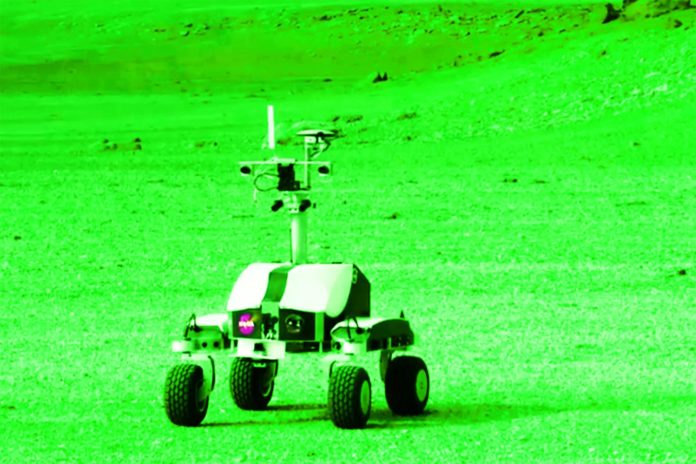
Incoming European Space Agency head wants a change.
Johann-Dietrich Woerner, the incoming chair of the European Space Agency, has recently stated in a published interview that the International Space Station should be opened to India and China. “We need to get away from the principle of being a closed group,” he told German news magazine Spiegel as part of an interview with overtones of anti-elitism. There are currently 15 countries backing ISS, with India and China notably excluded. Both countries are world powers that have completed avant-garde space missions and have the technology to contribute to new research.
Woerner’s sentiments echo recent U.S. talks with China.
Recently, the United Stated was in talks with China that may lead to the reversal of legislation preventing NASA from collaborating in any way with the Chinese National Space Administration. The controversial policy was written and implemented by Congress in 2011, and forbade any sort of partnership between the two superpowers, including space research. This essentially banned China from the International Space Station. The move against this policy would be an excellent first step in helping Chinese astronauts contribute to future research efforts on the space station.
Woerner also talked about other moves ESA should make.
The European Space Agency is an inter-governmental organization founded in 1975 with the goal of furthering Europe’s space capabilities. It currently has twenty member countries, of which 18 are European Union members. There are two more- Hungary and Estonia- on the way, since they both signed agreements to the ESA Convention and will become ESA members. Perhaps a bit strangely, Canada also takes part in some ESA missions under a cooperation agreement. Woerner has a few new goals for the agency, including the end of European dependence on Russia for blasting off. “I don’t give up hope that we Europeans will manage our own take-off into orbit,” he stated, mentioning the ESA’s ability to launch its own manned rockets within five years.
Could China, India help with International Space Station funding?
The International Space Station is only funded through the year 2020, with an extension currently being talked about to 2024. NASA’s ISS costs alone are a yearly $3 billion. The $100 billion space station could certainly use funding from two powerful countries like India and China. Keeping the station open is crucial to research that may develop technologies needed for NASA’s manned mission to Mars.

















